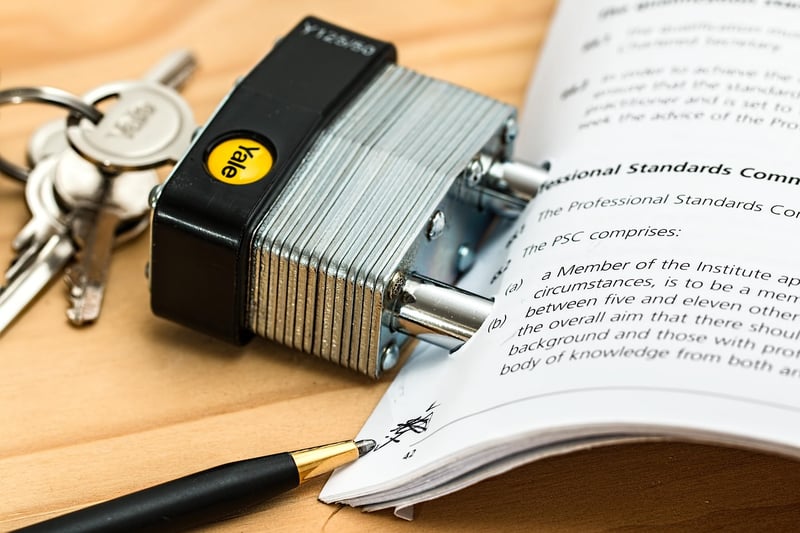Moral Obligations
The Complexity of Navigating Moral Dilemmas and Understanding Moral Obligations
Dealing with moral dilemmas is an inevitable part of life. Whether it's a personal decision or a professional choice, individuals often find themselves at crossroads where the right path is not always clear. Understanding the intricacies of moral obligations can provide guidance in navigating these challenging situations.
What are Moral Dilemmas?
Moral dilemmas occur when individuals face a situation where they must choose between two or more conflicting moral principles. These dilemmas often involve difficult decisions where no option is entirely satisfactory and may result in moral distress.
Factors Influencing Moral Dilemmas
Several factors can influence how individuals perceive and navigate moral dilemmas, including personal values, cultural norms, religious beliefs, and societal expectations. These factors can shape one's moral compass and influence decision-making processes.
Understanding Moral Obligations
Moral obligations refer to the duties and responsibilities individuals have towards others based on ethical principles. These obligations can be both explicit, such as legal obligations, or implicit, driven by personal values and beliefs.
Guiding Principles in Moral Decision Making
- Utilitarianism: Focuses on maximizing the overall good and minimizing harm, often leading to decisions based on the greater good.
- Deontology: Emphasizes following moral rules and duties, prioritizing the rightness of actions over their consequences.
- Virtue Ethics: Centers on developing moral character and making decisions based on virtues like honesty, courage, and compassion.
Strategies for Resolving Moral Dilemmas
- Consulting Ethics Codes: Professional codes of ethics can provide guidance on ethical behavior in specific fields.
- Seeking Advice: Talking to trusted individuals or seeking counsel from ethicists can offer different perspectives.
- Considering Consequences: Reflecting on the potential outcomes of each decision can help weigh the moral implications.
By understanding the complexities of moral dilemmas and recognizing our moral obligations, individuals can navigate challenging situations with greater clarity and integrity.

Remember, ethical decision-making is a continuous process that requires critical thinking, empathy, and a commitment to upholding moral values even in the face of uncertainty.
Embracing the complexities of moral dilemmas and acknowledging our moral obligations can lead to more ethical and responsible decision-making in both personal and professional spheres.
Let us strive to navigate moral dilemmas with courage and integrity, guided by the principles of ethics and the pursuit of a better future for all.
